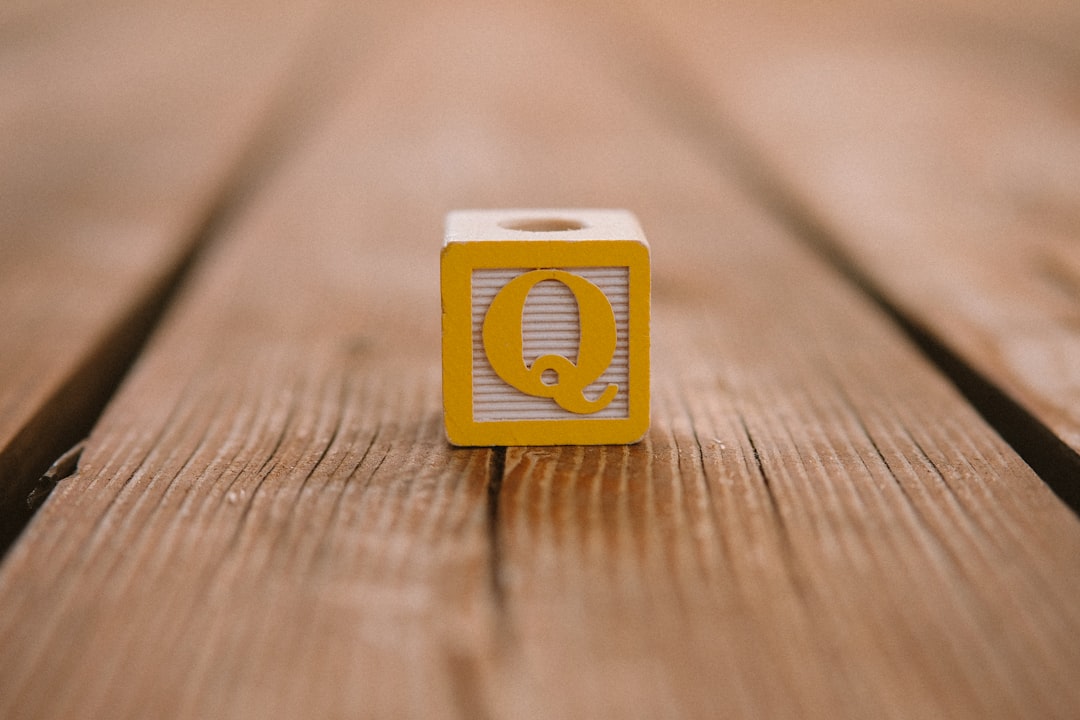In the realm of IQ testing, two critical factors play a pivotal role in determining your score: speed and accuracy. But which one matters more? This blog post delves into the intricate balance between IQ test speed and accuracy vs speed, offering insights into effective test-taking strategies and IQ time management techniques to optimize your performance.
Speed in IQ Tests
Speed is undeniably a crucial element in many IQ tests. The ability to quickly process information, solve problems, and make decisions can significantly impact your final score. Fast thinkers are often at an advantage, especially in timed tests where every second counts. However, rapid responses can sometimes lead to mistakes if not balanced with careful consideration.
Why Speed Matters
- Quick problem-solving skills are essential in tests designed to measure how swiftly you can navigate through complex information.
- Efficient time management ensures that you have ample time to tackle all questions, potentially boosting your overall score.
- Being fast also means you can revisit tougher questions, refining your answers with the time saved earlier.
Accuracy in IQ Tests
While speed is important, accuracy cannot be overlooked. Correct answers, after all, are what ultimately contribute to your score. An accurate but slower approach might benefit you more in tests that prioritize depth of understanding over sheer pace.
Why Accuracy Matters
- Depth of knowledge and understanding is critical in accurately solving complex problems, which is highly valued in many IQ tests.
- Quality over quantity: A few well-thought-out answers can sometimes outweigh a larger number of hastily made responses.
- Accuracy ensures that your speed has been effectively utilized, leading to a higher quality of responses.
Balancing Speed and Accuracy
Finding the sweet spot between speed and accuracy is key. Here are some strategies:
- Practice regularly to improve both your speed and accuracy. Familiarity with common question types can greatly enhance efficiency.
- Read the questions carefully but quickly, ensuring you understand what’s asked before diving in.
- Prioritize questions based on your strengths. Tackle the ones you’re confident in first to secure accurate answers swiftly.
- Review your answers if time permits, fine-tuning them for accuracy.
Test-Taking Strategies for Optimizing Performance
- Prepare thoroughly: Familiarize yourself with the test format and practice under timed conditions.
- Stay calm and focused: Anxiety can hamper both speed and accuracy. Develop techniques to stay relaxed.
- Manage your time wisely: Allocate time based on the complexity of questions, leaving room for review.
Conclusion
In the debate of IQ test speed versus accuracy vs speed, the truth is that both are vital. The best approach is a balanced one, adjusting your strategy based on the specific demands of the test you’re taking. By enhancing both your quick-thinking abilities and careful consideration, you can maximize your IQ test performance, making every second and every answer count.
Remember, practice and preparation are your best allies in mastering the art of balancing speed with accuracy, leading to improved test-taking confidence and higher scores.


